Why Cholesterol and Fat are a VITAL Part of Your Weight Loss Journey
If you’re trying to take control of your health, you might be concerned about your cholesterol levels—and with good reason.
According to the CDC, more than 12% of adults over age 20 had high total cholesterol levels, and more than 18% had low HDL (a.k.a. high-density lipoprotein, or good cholesterol). (1)
For decades, our doctors have warned us that high or imbalanced cholesterol levels are bad news.
We know that high cholesterol–especially the “bad” kind–can contribute to plaque build up in your arteries, which can lead to stroke or heart attack.
However, your body needs cholesterol for most of your basic bodily functions, from digesting food, to maintaining healthy cell structure, to producing hormones, and more.
And while high cholesterol is a warning sign for many people, it might not be for you—and it doesn’t necessarily mean that cholesterol is the root problem.
This is the point where many people go, “Yeah, because fat is the root of the problem!”
Spoiler alert: That’s false!!
You need fat to synthesize cholesterol, which is why people have assumed cutting out fat will fix the high cholesterol issue.
But even if reducing fat was guaranteed to lower your cholesterol (it’s not), that still might not lead to better health.
Remember, correlation does not always equal causation, and that is definitely the case for cholesterol!
There is a lot of misinformation out there about how your body makes and utilizes cholesterol, what role it plays in your health, and how you should address high cholesterol levels.
So we did the research, and found out everything you need to know about how cholesterol and fat impact your health—including how they actually help you lose weight!
We’ll also talk about what the heck cholesterol actually is, why you need a healthy amount of both cholesterol and fat, and how to address high cholesterol levels.
But first, let’s set the record straight by debunking some common myths regarding cholesterol and fat.
This post may contain affiliate links, which helps keep this content free. Please read our disclosure for more info.
Cholesterol Fiction vs. Fact
There are so many myths and misconceptions about what cholesterol is, what risks is poses, how you develop high cholesterol–the list goes on.
So let’s get on the same page, and separate fact from fiction so you can take control of your health!
1. Eating high cholesterol foods gives you high cholesterol.
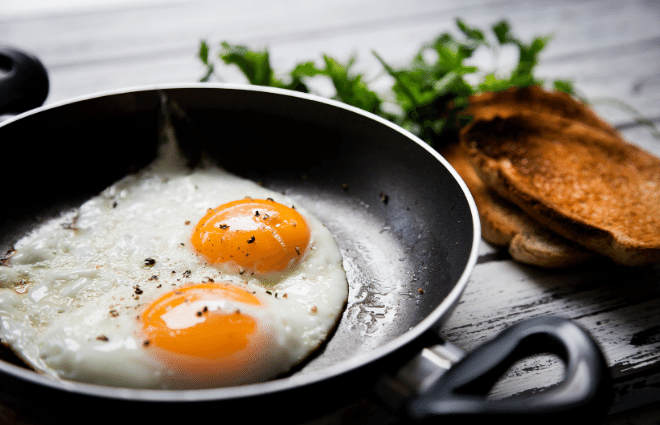
This is false!
If you have tried to lower your cholesterol by avoiding fatty foods, plucking the yolk out of your eggs, or swearing off coconut oil, I have some news for you: You’re doing it wrong!
In fact, eating a low-fat diet has actually been proven to raise your health risk and cause weight gain! (2)
While some of the cholesterol in your body comes from your diet, most of it is created by your liver.
And actually, some studies have shown that eating more cholesterol-rich foods can lower your cholesterol levels! (3)
While the exact reason for this isn’t known, researchers believe it is because your liver is able to work on synthesizing the dietary cholesterol, and can take a break from production of new cholesterol.
2. There are two types of cholesterol.
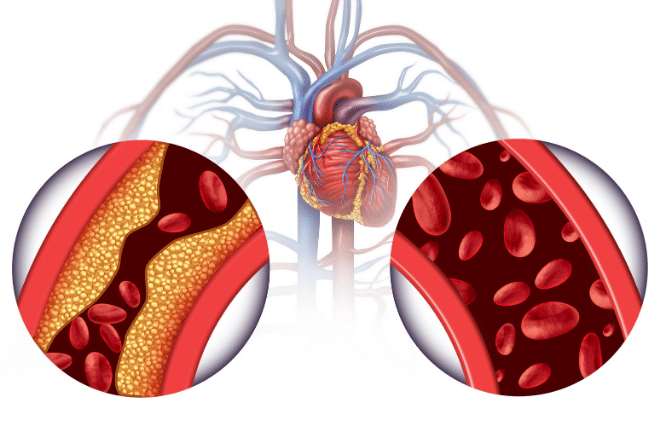
Wrong again, mostly.
While cholesterol is usually referred to as “good” or “bad” cholesterol, there is actually only one kind of cholesterol.
However, cholesterol is a very sticky, waxy substance, and can’t go through your bloodstream on its own. It needs fats, or lipoproteins, to carry it throughout your body. (4)
The difference between what we call “good” and “bad” cholesterol is the kinds of lipoprotein it is packaged in, either:
- low-density lipoprotein, called LDL or “bad” cholesterol,
- or high-density lipoprotein, called HDL or “good” cholesterol.
We’ll go over LDL and HDL more in a moment!
3. Having high cholesterol automatically means you’re in poor health.
There are actually many reasons you could have high cholesterol, including injury, genetics, and recent or ongoing weight loss! (5)
So while high cholesterol is often associated with increased risk of cardiovascular disease, that isn’t universally true.
To determine your overall health risk, you (and your doctor) should also take a look at your diet, lifestyle, hormone levels, A1C, and other health factors that could increase your risk of cardiovascular disease.
BUT, that doesn’t mean you should discount your high cholesterol—and we’ll go over why in a moment.
4. Only overweight people have high cholesterol.
This myth has held on for a long time, but it is far from true.
According to a study published by the Journal of Lipid Research, “Insulin sensitivity regulates cholesterol metabolism to a greater extent than obesity.”
The study measured cholesterol levels in relation to waist circumference and BMI, versus in relation to insulin resistance.
Researchers found that, across the board, increased insulin resistance led to increased total cholesterol, and lowered HDL levels.
BMI and waist circumference, on the other hand, did not appear to impact cholesterol levels.
Basically, insulin resistance is much more likely to lead to high cholesterol than being overweight—which is very important, since many people can be average size, or even underweight, and still be insulin resistant.
5. Avoiding fat will lower your cholesterol levels.
A standard piece of advice from many people in the medical field is to avoid fatty foods—especially saturated fats—when trying to lower your cholesterol.
On a surface level, this seems logical, since fat is what is needed to carry cholesterol around your body.
However, cholesterol levels “should be regarded as one variable for evaluating cardiovascular risk, using an individual’s metabolic status and other risk factors to adjust that risk assessment up or down.” (6)
Low-fat diets have actually been associated with increased weight gain, which increases your risk of cardiovascular disease—so this method could truly backfire on you. (7)
And while eating saturated fats has been associated with cardiovascular disease for decades, recent studies have shown that the source of the saturated fat is actually to blame.
So while a diet high in refined oils, preservatives, butter and fatty cuts of red meat correlate with higher risk of heart disease, diets rich in coconut oil are actually associated with a decreased risk of cardiovascular disease. (8)
What is Cholesterol and Why do You Need It?
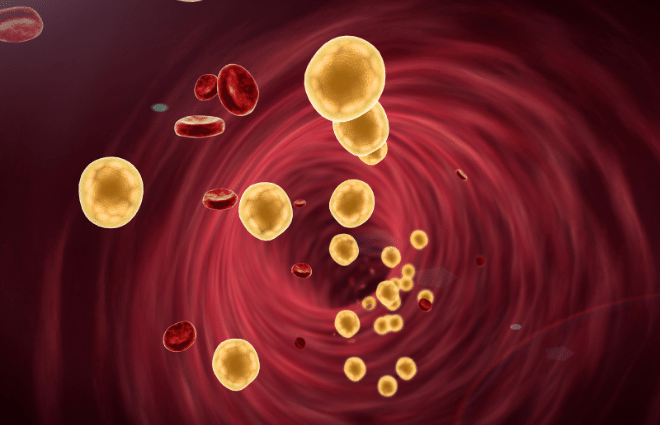
As Franziska Spritzler, RD, CDE, puts it, “Cholesterol is a waxy substance found in nearly every cell in your body, which is vital for many bodily functions.”
And as we mentioned earlier, there is only one kind of cholesterol.
However, cholesterol is a hydrophobic substance—and since blood is made up of about 50% water, it needs a carrier material to be able to travel through your bloodstream.
That’s where fat, or lipids, come in to play—and why cholesterol is categorized into two types based on how it is packaged inside the fats.
High-density lipoprotein, or HDL, is often called “good” cholesterol, since high levels are associated with a lowered risk of heart disease. (Or in other words, it is less likely to get stuck in your arteries.)
Low-density lipoprotein, or LDL, is known as “bad” cholesterol, since it is more likely to get stuck to your arteries, and is therefore associated with an increased risk of plaque buildup and cardiovascular disease.
However, calling these types “good” and “bad” is really misleading, since both “types” of cholesterol perform very important roles in keep you healthy, including:
- Producing hormones, including cortisol, estrogen, testosterone, and more
- Keeping your cells healthy and strong
- Creating bile acids, which help you absorb fats and fat-soluble vitamins
- Building the protective myelin sheath around your nerve endings
Truly, cholesterol is vitally important for life and health–but it has definitely gotten a bad reputation.
So why has cholesterol gotten such a bad reputation?
Remember the lesson in high school science class where you learn that correlation does not always equal causation?
That is honestly one of the most important lessons for taking care of your health.
In the case of LDL, or “bad” cholesterol, scientists learned that high levels of LDL were often associated with an increased risk of having a heart attack or stroke.
This data was translated to the general public as “cholesterol is bad” (and diet food marketing reps definitely capitalized on that tidbit!).
But the more important question that wasn’t asked here is why this was the case?
It turns out that whenever you have an injury or disease, your body sends a flood of cholesterol—usually LDL—to the injured or diseased area, so that it can help repair the damaged cells. (9)
So while that excess LDL can eventually lead to plaque buildup along your artery walls, the real question should be: What damage or stress caused your body to send out the flood of cholesterol in the first place?
If you can heal the damage that is leading to your increased cholesterol, then your cholesterol should return to normal levels.
How Fat and Cholesterol Make it Easier to Lose Weight
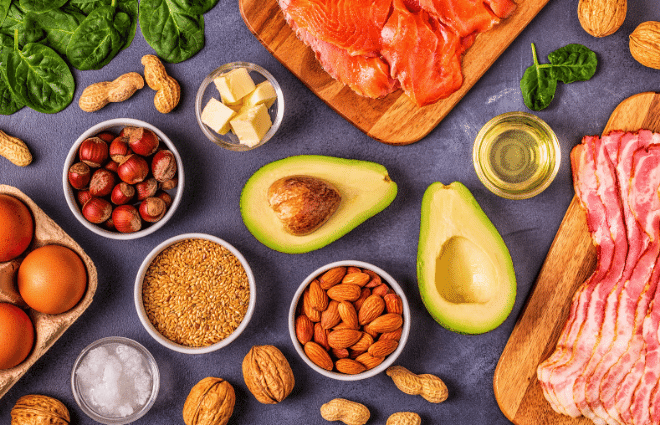
So, how does cholesterol actually help you lose weight?
The short version is that if you don’t have enough cholesterol, you can’t produce enough cholesterol-based hormones, your digestive system doesn’t work as quickly, and you heal very slowly—all of which make it very difficult to lose weight, build muscle, recover from injuries, and just generally function. (10)
And to maintain healthy cholesterol levels, you need to make sure you have plenty of heathy fats in your diet, so your liver can synthesize HDL and LDL.
So while having enough cholesterol won’t directly lead to weight loss, not having enough cholesterol will definitely make it harder to shed those extra pounds.
Another phenomenon that has been observed in some people who either lose a lot of weight quickly, or who go on a low-carb diet for weight loss is their cholesterol levels will rise exponentially. (11)
Now, this doesn’t happen to all people who lose a lot of weight and/or go on a low-carb diet, but for those who do experience this, having high cholesterol numbers while losing weight and eating healthy can come as a shock.
And even if your cholesterol doesn’t rise dramatically, most of us will see our cholesterol levels rise as our weight drops.
That’s because as your body starts breaking down fat for fuel, the lipids and cholesterol stored there have nowhere to go except your bloodstream.
Your liver will eventually filter this extra cholesterol out, and cholesterol-lowering medication will not help you during this time. (12)
So don’t freak out! This increase isn’t really a bad thing, especially since you’re making positive health changes.
The benefits of exercise, healthy eating, and weight loss far outweigh the potential risks of short-term high cholesterol.
Once your weight has stabilized for a few weeks, your cholesterol levels should return to normal.
So if you do have higher than average cholesterol, make sure to talk to your doctor about your whole health, and let them know that you have been losing weight, and for how long.
And if your doctor is still concerned about your health, ask them about other lifestyle changes you can make to improve your health before starting on a cholesterol-lowering medication—since simply lowering your cholesterol can actually make it harder to get healthy, especially if your hormones are already out of whack.
A Plan for Weight Loss and Real Improvements in Your Health
So now that you’re not afraid of dietary fat and cholesterol, it’s time to make a plan to address the real health culprit: insulin resistance.
Improving your insulin sensitivity is no easy feat, and many people struggle with their weight and health for years because their bodies simply aren’t absorbing glucose readily.
The truth is, you have the power to reverse insulin resistance—but it’s going to take some serious dietary changes to make it happen.
And if you’re hesitant to start a weight loss program because you feel like you’ve tried just about everything, and nothing has worked (or worked for long), then this is absolutely for you.
Many of our clients felt exactly the same way before starting our program—hopeless, exhausted, frustrated, and just over weight loss programs that don’t work for them.
We created our 21-Day Fat Loss Challenge for people exactly like you—people who feel like they’ve tried everything under the sun, but just can’t shed the weight or keep it off.

Our challenge provides a step-by-step plan to help you lose up to 21 lbs in just 21 days, with far less effort than you may think!
Tons of our clients have turned it into a lifestyle diet and have lost as much as over 100 pounds with the challenge!
The best part? Besides just losing weight, the 21-Day Fat Loss Challenge was designed to heal your gut, rebalance your hormones, and retrain your tastebuds—so you’ll actually be able to keep the weight off!
The Challenge is perfect for people with insulin resistance, as many of our clients have actually reversed their insulin resistance with the Challenge.
If you’re ready to make some changes in your life, this is the ONLY place you should start. We’ll teach you exactly how to make the necessary changes in your diet and lifestyle, and how to keep them “beyond the diet.”
Take control of your life and start your 21 Day Fat Loss Challenge TODAY!
Leave a comment below if you enjoyed this article on cholesterol and weight loss, or if you have any questions!
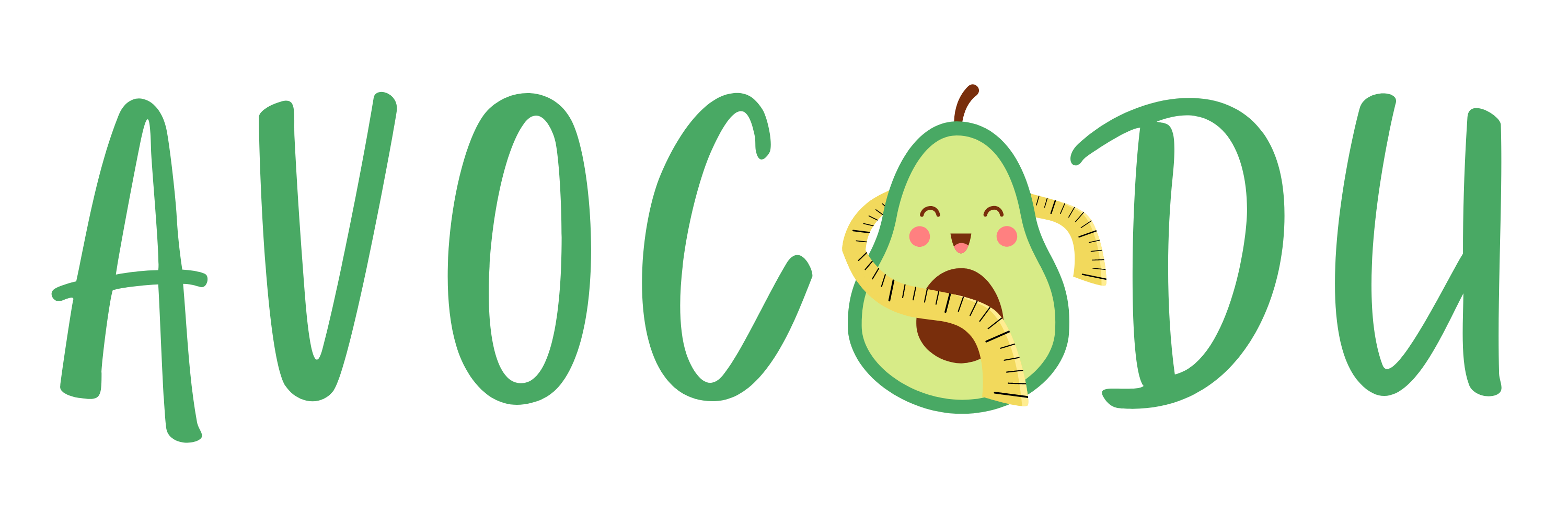
This is a very informative and very well explained article. Through the years I have seen many patients trying to lose weight on a no fat diet without realizing of the harms of not providing one of the most important structural components of our cells. Thank you very much!
You are so welcome!!